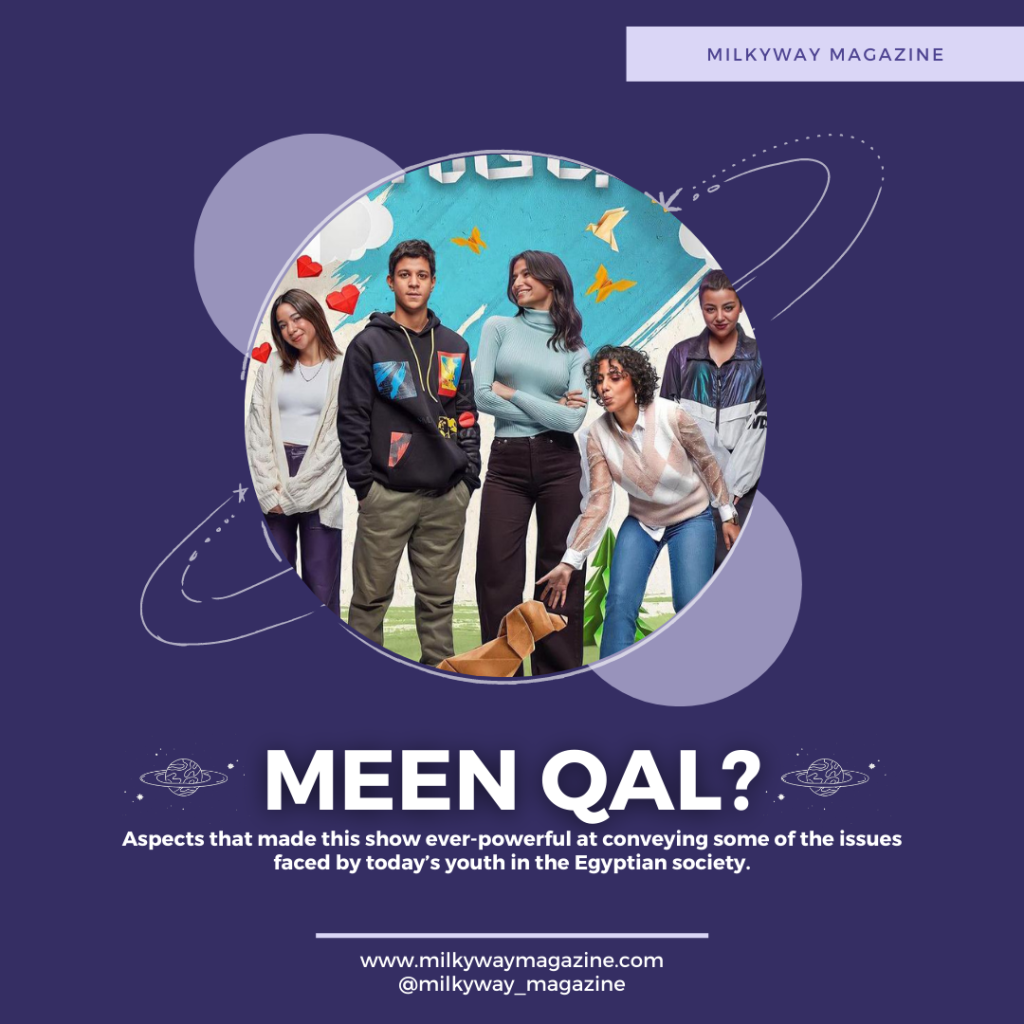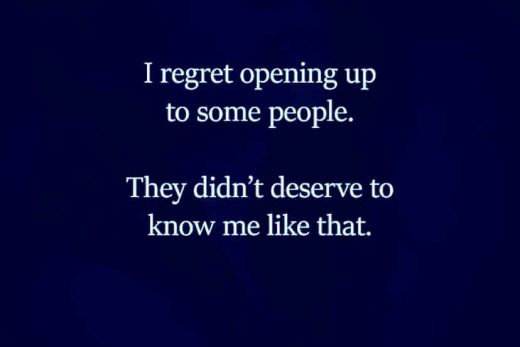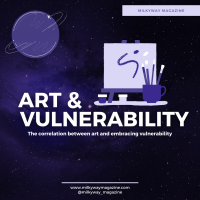
Writer: Mariette Ehab
Editor: Duha
Designer: Maram Mohammed\
Ramadan is coming to an end, and one of the most talked-about TV shows of this year is “Meen Qal?” A 15 episodes show that connects people from all different backgrounds. It discusses generational gaps, youth startups and aspects of mental illness among other vital issues. Notable starring a group of young stars, “Meen Qal?” seems to be a good representation of the middle class in the Egyptian community. The writing and directing were impeccable in addressing the youth of today, as well as their parents. Ahmed Dash himself stated in an interview that it is from the youth, even the language used is directed to us, which made it even more powerful. I am here today to share with you some aspects that made this show ever-powerful at conveying some of the issues faced by today’s youth in Egyptian society.
Firstly, Sherif’s passion for the business field was highlighted from the very first episode, his raw entrepreneurial spirit could be identified right away; which is something we see in many people from our generation. His talent in origami inspired him to create the first Egyptian paper bench. An odd idea right? But that is what makes him a real entrepreneur, finding an idea worth taking the risk for. Sherif had a vision and he was persistent and hard-working enough to make it come true. His startup promoted aspects that have great effects on society as a whole: his product (the paper bench) was handmade of recycled materials, promoting eco-friendly products, as well as raising awareness of the hard work put into handmade textiles.
Another element that made us love the show is the individuality and diversity of characters portrayed, as well as the depth and layers they were presented with. Each character had their own “thing”: Akram the goody-two-shoes, Zeina the influencer, Salma the actress, Farida the hopeless romantic, Amr the football player, Sherif the entrepreneur and lastly Salah the cool guy. But each of them has its own motivations and individual stories that we got to learn as the episodes were released each day. Akram has anxiety, which made him afraid to take the first step with Karen, and afraid to meet her friends. Zeina has self-esteem issues because of what people comment on her lives and posts, as well as what her family used to say by comparing her to her mother. Farida was impulsive and sometimes came off as clingy, yet we later understood that her behaviour was a result of her mother’s passing. As for Salah, his substance abuse may have been his way to rebel against his abusive father. Then, comes Amr whose father’s extreme high hopes for him have resulted in him feeling pressured while doing what he loves, playing football. Finally, we come to Sherif, whose ambition blinded him to his mistreatment of others. He was seen as selfish and toxic because he used Salma to get his first client, her father, and then he used his mother to have Ori.co be a legal company. He was blinded by his ambition, yet once he realised the consequences of his actions, he tried to mend what he had broken. Each of them had a backstory that was diverse and heartfelt for the audience, while to an extent representing a big portion of today’s Egyptian youth. The different personalities presented in this friend group or “ElShela” made them compatible and complement each other. They are supportive of each other’s accomplishments, and they call each other out when the other does something they know is wrong. They had each other’s backs and comforted each other in times of need. Needless to say, we all wanted to be a part of “ElShela”.
On another note, I just wanted to applaud the makers of the show for making Akram’s character. It is not every day that we see a Christian character on Egyptian TV, and when we do, they are normally exaggerated or inaccurately portrayed, and the facts that we learned that Akram is a Christian just because of his house’s decor and they cast a Christian actor to portray the character truly deserves applause.
Next, I wanna talk about the generational gap that the show has highlighted. There is usually an “us vs them” narrative/mentality when we talk about parents and their children. In the show, the father wanted to secure a good future for his son, by forcing him to study the “guaranteed” degree, not caring if he likes it or not. Sherif on the other hand saw that his dad doesn’t listen to him and doesn’t care about him. Neither of them saw the other’s vision, which created conflict between them that affected their family. They both thought that the other is wrong, which is completely not true, they were both right and wrong. Them refusing to see the other’s points of view emphasised the “us vs them” mentality, yet this only stressed more the idea of communication. Due to the lack of communication between both parties, they were both only seeing why the other was wrong, not thinking about why they might be right. Besides that, the older generation needed to learn the new ways of living. Because of technology, life has developed immensely, leaving them feeling lost and helpless. The newer generation needs to be more patient and teach others how things are going now. Ahmed Dash himself said that the show does not intend to justify any actions taken such as Sherif, but its message is to highlight the importance of communication between parents and their children.
Addressing the finale, it ended on a sweet note. We got to see all the characters developing, Sherif is growing his business, Salma is pursuing her dreams, Amr and Farida are together, while Farida made up with her dad. We got to see Sherif and his dad talk through important life decisions calmly. Akram and Karen are together and happy, fully accepting each other and their imperfections.
This show felt very personal to me; because it touched upon many issues that I have faced in my life. I am grateful for it because it opened a door of discussion and communication in my own family. Our community and society need more shows such as this to portray issues of our youths and present them accurately and appropriately.







